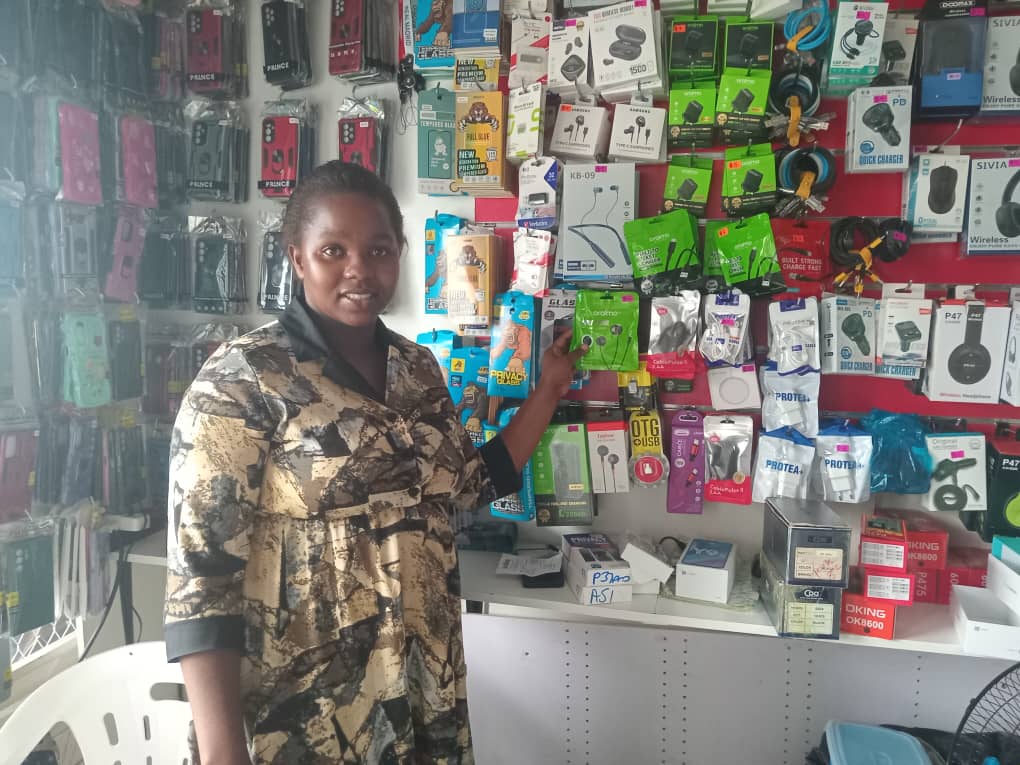The International Labour Organization (ILO) held its annual 104th International Labour Conference (ILC) in Geneva from 1 to 13 June, 2015. The ILC event included the participation of an estimated 3000 delegates from 185 member countries. Worker, employer and government delegates from the ILO’s 185 member States tackled a wide range of issues, including the transitioning from the informal to the formal economy.

The International Labour Organization (ILO) has adopted a new international labour standard that is expected to help hundreds of millions of workers and economic units move out of informality and into the formal economy.
The Recommendation – the first ever-international labour standard specifically aimed at tackling the informal economy – was passed by 484 votes in favour and garnered outstanding support from the ILO’s tripartite constituents.
The vote by the International Labour Conference is seen as a crucial step in assisting countries to set up the necessary measures to promote decent job creation and sustainable enterprises in the formal economy.
In 2004 StreetNet International was first accredited by the ILO (International Labour Organization), to participate in the 92nd session of the International Labour Conference (ILC) as the international representative organisation of workers in the street vendors’ sector of the informal economy.
Street vendors’ delegates many of whom are informal workers and StreetNet International had participated in the conference this year and had lobbied tirelessly with their colleagues and partner organisations to get this recommendation passed.
Pat Horn who has been working with the delegates said that in 2014 and 2015, StreetNet has been playing a key role in the ILC discussions for a new ILO Recommendation on “transitions from the informal to the formal economy” This recommendation can potentially become an effective tool in improving the lives of street vendors and informal traders around the world. The recommendation will be an official guideline, which governments can use to address the needs of the informal workers. The new labour standard provides strategies and practical guidance on policies and measures that can facilitate the transition from the informal to the formal economy.
“Formalisation must offer benefits and protections, not simply imposing the costs of becoming formal. It must restore the universal rights from which workers in the informal economy who have been marginalised by the neo-liberal model of governance over the past 40 years, and reintegrate them into legal and regulatory frameworks.” said Horn
“Over the years we’ve seen a growing consensus between governments, workers and employers that the right thing to do is to move people from an informal to a formal employment situation. We know it is not easy, we know that these are processes are complicated and take time, but the great value of this Recommendation is that we now have an international framework of guidance to help member States bring this about,” said ILO Director-General Guy Ryder.
The new international standard provides guidance for member States to:
- Facilitate the transition of workers and economic units from the informal to the formal economy, while respecting workers, fundamental rights and ensuring opportunities for income security, livelihoods and entrepreneurship.
- Promote the creation, preservation and sustainability of enterprises and decent jobs in the formal economy and the coherence of macroeconomic, employment, social protection and other social policies, and prevent the informalisation of formal economy jobs.
Transition of informal to formal economy should be a continuous process to ensure proper integration. Governments need to also work with informal workers, so there is no unnecessary red tape for the informal workers, as this would make their ability to work even more difficult. Many of the informal workers are in these positions due to the fact there is a shortage of work and poverty.
More than half of the world’s workforce is estimated to be trapped in the informal economy, which is marked by the denial of rights at work, the absence of sufficient opportunities for quality employment, inadequate social protection, a lack of social dialogue and low productivity, all of which constitutes a significant obstacle to the development of sustainable enterprises.
The new Recommendation acknowledges that most people enter the informal economy not by choice but due to a lack of opportunities in the formal economy and an absence of any other means of livelihood.
ENDS
For more information, please contact
Sharon Pillay, StreetNet Media and Publicity Officer
sharonpillay847@gmail.com
0722577317
Further Notes
Pat Horn, is a International Coordinator of StreetNet
StreetNet is an international federation of 52 organisations of street vendors, informal market vendors and hawkers in 46 countries in Africa, the Americas, Asia and Eastern Europe, representing 567 464 paid-up members. Most of the workers in our sector are self-employed. We have affiliates in Durban and Eastern Cape. StreetNet also assisted in the implementation of South African Informal Traders Alliance(SAITA), a umbrella body that represents informal workers in the nine provinces.


